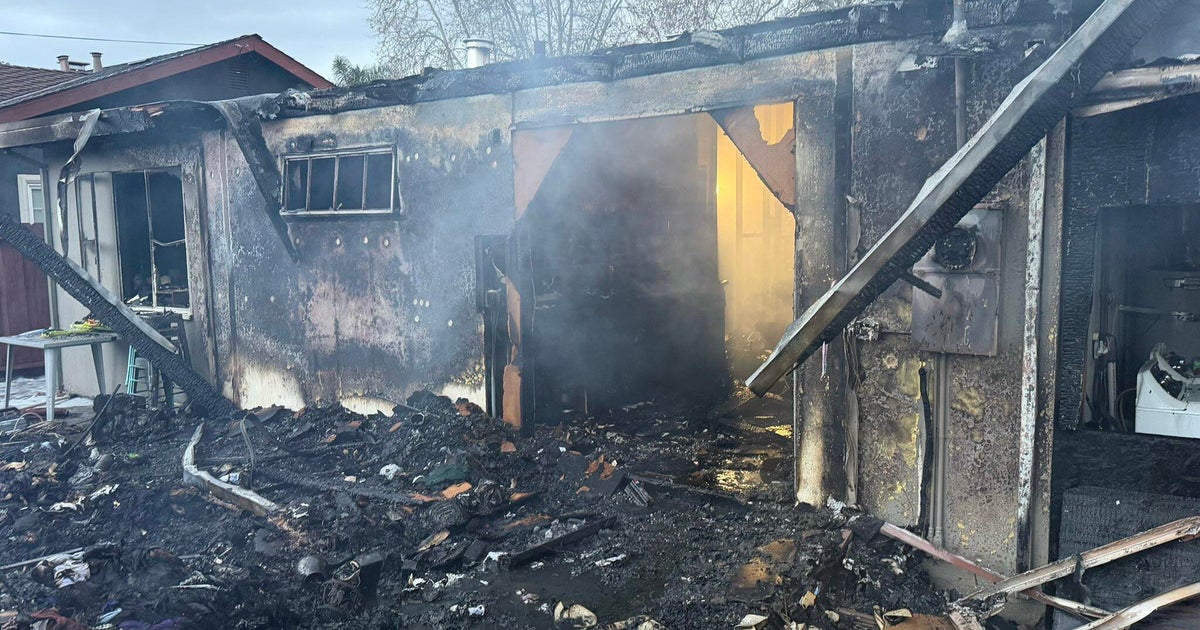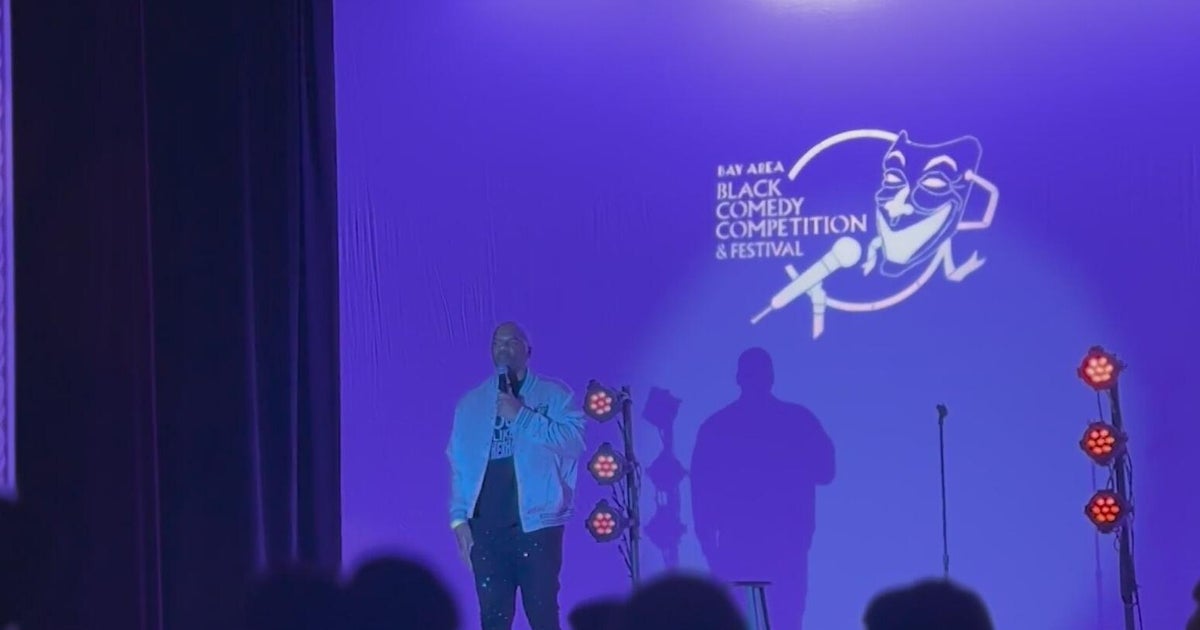Louisiana Monkey Owners Urged To Return Home
NEW ORLEANS (AP) - Wildlife officials have a message for a couple who fled Louisiana with their four monkeys out of fear their animals would be confiscated: Come home and let us inspect your cages and monkeys.
Jim and Donita Clark fled their home in DeRidder in October and have been living with their monkeys in their motor home in Texas, terrified that wildlife agents will seize the animals they've owned for about 10 years.
"The process is still open to them if they choose to return to Louisiana," said Bo Boehringer, a spokesman for the Louisiana Department of Wildlife and Fisheries. "We invite them to participate in the permitting process, and we're not sure why they are hesitant to do that."
He added that the Clarks have nothing to fear as long as their monkeys are found to be well treated and their cages safe.
"If everything is in order, they would be able to keep their monkeys until they expire," Boehringer said.
The Clarks remain skeptical.
"We do not trust them one bit," Donita Clark said Wednesday by telephone.
She said they would only feel safe to return to Louisiana if they had a lawyer and "something in writing" from state officials. The Clarks got their first monkey -- Tina Marie -- more than 10 years ago from a woman who was unable to look after the animal. They later adopted three other Capuchin monkeys -- Meeko Mae, Sara Jo and Hayley Suzanne.
The Clarks said they do not have money to hire a private lawyer and are looking for a public defender.
Exotic animal owners say wildlife agents have been cracking down in Louisiana and around the country after high-profile cases of animals getting loose or attacking people. At least six states have also banned the ownership of wild animals since 2005, and Congress is also mulling tighter restrictions.
Nancy Nighswander, the head of Uappeal, an exotic animal lobbying group, said lawmakers in Virginia, Arizona, Missouri, West Virginia, Tennessee, Indiana, Oklahoma and Ohio are considering bans this year. Five of those states are among the remaining 15 states that do not either ban or require permits for private ownership of primates, according to the Humane Society of the United States.
She said the Clarks should have stayed put. "I'm sure they would have passed the inspection. I don't understand why they fled," she said.
Joseph Schreibvogel, the president of the United States Zoological Association, which advocates on behalf of wild animal owners, said the story of the Clarks highlighted the dangers of banning people from owning wild animals.
"All a ban law will do is force all these people to go underground and it will not help the animals at all," he said. Instead of bans, states need to pass regulations to force people to become better owners, he said.
Louisiana banned the private ownership of primates, and all other potentially dangerous exotic animals, in 2003, but allowed those who already had the animals to keep them.
Starting in 2006, the state began requiring exotic animal owners to obtain permits. In December, the state told private monkey owners that they would get a new permit only after an inspection, a change in policy.
Boehringer said inspections have not started for 23 permit holders.
During the inspections, officials will examine holding pens, inspect the animals and review owners' documents. He said if problems are found, animals could be seized.
"If the animal exhibits any sign of abuse or neglect, on the flip side, if the containment facility shows any inferiority that could possibly lead to an escape," he said, "we would seize and hold the animal until such a problem is rectified."
Animal owners could be cited if they are found out of compliance, he said.
"It's their choice if they don't want to submit to an inspection," Maria Davidson, a Wildlife and Fisheries Department biologist who drafted the state's wild animal regulations, said of the Clarks. "I can tell you this: they are not being discriminated against. They are treated the same as any other applicant."
Donita Clark accused the wildlife department of inconsistent enforcement.
"They are not going by the law and they have never gone by the law," she said.
(© Copyright 2011 The Associated Press. All Rights Reserved. This material may not be published, broadcast, rewritten or redistributed.)
Also Check Out:







